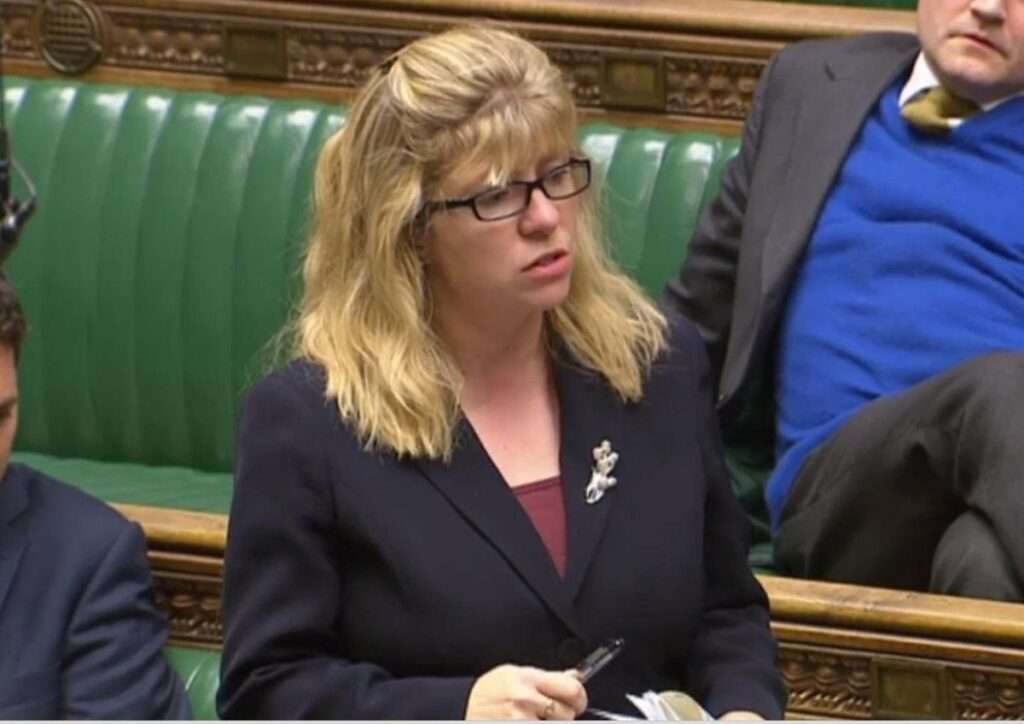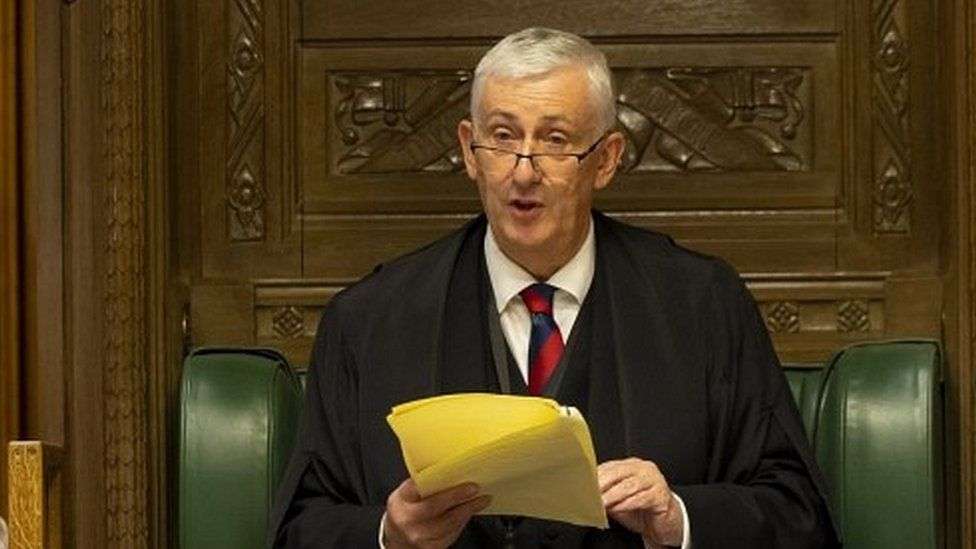A government minister has publicly expressed reservations about supporting Commons Speaker Lindsay Hoyle, whose position has come under intense scrutiny from Members of Parliament (MPs).
This follows Hoyle’s controversial ‘Gaza vote’ decision on Wednesday, February 21, which some MPs argue favored the Labour Party, prompting calls for his resignation.
At least 57 MPs, including members from the Conservative and Scottish National parties, signed a motion expressing no confidence in Hoyle, highlighting the depth of discontent among lawmakers.
The turmoil unfolded after Hoyle made a significant departure from precedent by allowing votes on three distinct propositions related to the conflict in Gaza, submitted by the SNP, Labour, and the Conservatives.
The decision sparked chaos in the Commons, particularly as it averted a potential rebellion within the Labour ranks.
Many Labour MPs had been poised to defy party instructions and support an SNP motion demanding an immediate ceasefire.
However, Hoyle’s move to permit a vote on the Labour amendment, which called for a ceasefire with certain conditions, defused the situation and relieved pressure on Keir Starmer, the Labour party leader.

The health minister Maria Caulfield said she was “disappointed and surprised” by Hoyle’s actions but refrained from calling for his resignation. “He’s normally a very fair speaker and his actions yesterday were very, very different,” she said.
“I would say that I would struggle now to support him but let’s see what happens in the next 24 to 48 hours,” she added.
On Wednesday, February, 21, the Speaker issued an apology following a breakdown of order in the Commons, which saw both Conservative and SNP MPs walk out. He committed to holding discussions with party leaders on Thursday, February 22 to address the situation.
Amid shouts of “resign”, he told MPs, “I thought I was doing the right thing and the best thing, and I regret it, and I apologize for how it’s ended up.”
Hoyle said he had been “very, very concerned about the security of all members”.
Caulfield stated, “We need to be absolutely sure that the votes weren’t influenced last night in any way … It has got implications going forward if we can’t be sure that the House of Commons can be run fairly.”
The Tories allege that Hoyle faced significant pressure from Starmer, with reports suggesting that Labour threatened to remove him as Speaker after the next election unless he complied.
However, Labour strongly refuted these claims. Pat McFadden, a shadow Cabinet Office minister from the Labour Party, defended Hoyle, asserting that he had “acted in good faith.”
“[Hoyle] took the view that, given the strong feelings in the country on this issue, [that] he would put before parliament all three propositions that had been advanced on this – one from the SNP, and one from the Labour party and one from the government. He took that decision to have the widest possible set of options before parliament.”
Pat McFadden
MPs Walkout
On Wednesday night, the Tories abstained from the vote, led by Commons leader Penny Mordaunt, who accused Hoyle of “hijacking” the debate and eroding the confidence of the House.
However, John Nicolson, denied that the group had intentionally walked out of the chamber together with Tory MPs on Wednesday.
“SNP MPs thought the whole procedure was absurd. What SNP MPs did was they went to the lobby, that’s the rooms beside the main parliamentary debating chamber, ready to vote, they were anticipating and expecting a vote… A number of MPs cross-party said they wanted their constituents to know where they stood on this and the problem with staged shenanigans was that MPs weren’t allowed to express their views in the lobbies and vote.”
John Nicolson
Other Members of Parliament also emphasized that they entered the aye lobby to highlight their dissatisfaction with the lack of opportunity to vote on their initial motion.
READ ALSO: Commons Speaker Shatters Tradition To Greenlight Labour Vote On Gaza





















